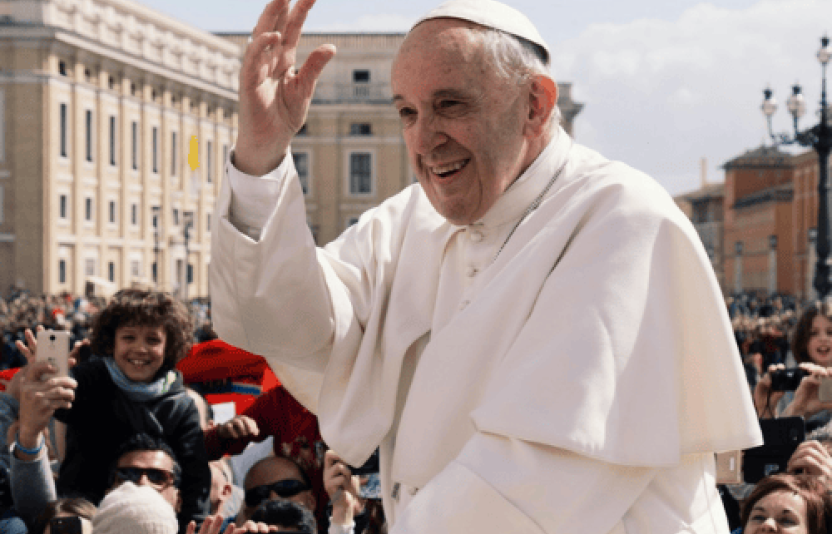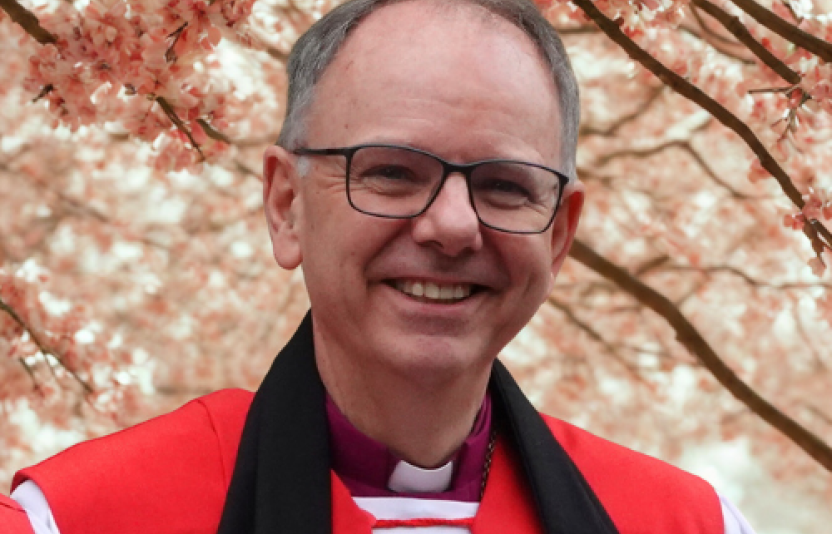Bishop Robert: Brexit latest

Bishop Robert writes:
Dear Friends,
You may have seen in today’s edition of the Church Times that I have been described as 'a former critic of Brexit’. I should like to take this opportunity to be completely clear about my views regarding Brexit:
I am a long-standing critic of Brexit. I argued strongly and publicly against Brexit in the lead up to the June 2016 referendum.
My deep concerns about Brexit have not changed.
As soon as he came into office, I urged the new UK Prime Minister, Boris Johnson, to work to avoid no deal, with all its damaging consequences; and I endorsed strongly a subsequent letter last month from my fellow Bishops in England with the same message.
I know from talking to people every day across the EU member states of the Diocese what so many of you think, too. In simple and stark terms:
- We in the Diocese in Europe are particularly affected by Brexit. 1.3M people, who are UK nationals, are currently living with anxiety and uncertainty.
We simply do not know the terms on which so many among us, as UK nationals, will be able to stay in the EU27 after 31 October, crucially on residency status and healthcare provision. The Diocese is currently exploring ways in which we might be able to offer our network to forge partnerships with organisations on the ground to support residency applications in the EU27. And we will continue to demand answers from the UK Government on healthcare provision, in particular.
-The situation in the Diocese in Europe is exacerbated by the overwhelming sense of opposition to Brexit - among those of you who had a vote in 2016.
I know so many of you feel deeply that you are a "forgotten million". I wrote to Government in these terms, at the time of the May elections to the European Parliament given serious levels of voter disenfranchisement.
- There is profound frustration at the UK Government's mantras of “our deal or no deal”.
The EU27 stressed at the outset there are other third country relationships possible under Brexit that avoid no deal. But none has been considered seriously by the UK to date. I recognise the result of the referendum over 3 years ago, while remaining convinced that, if the UK is to leave the European Union, there are less damaging and divisive possibilities for us, and certainly more civilised ways in which we can continue to talk together about Brexit, especially when we look at the state the UK is currently in.
I recognise there are some members of our Diocese who support Brexit, and I respect their position.
Nonetheless, I continue to be a fervent supporter of the European Union. Its enduring contribution to European life remains indispensable, to peace, security, and our collective prosperity for our peoples across boundaries. I am committed to continuing to work closely with our brothers and sisters across European Churches on the key political, economic, societal, and environmental challenges facing our continent, whatever may happen on Brexit.
I will continue to speak out on Brexit as we approach 31 October, and beyond.
In the meantime, I assure you all of my prayers at this time of great uncertainty and challenge in our lives.
+Robert


